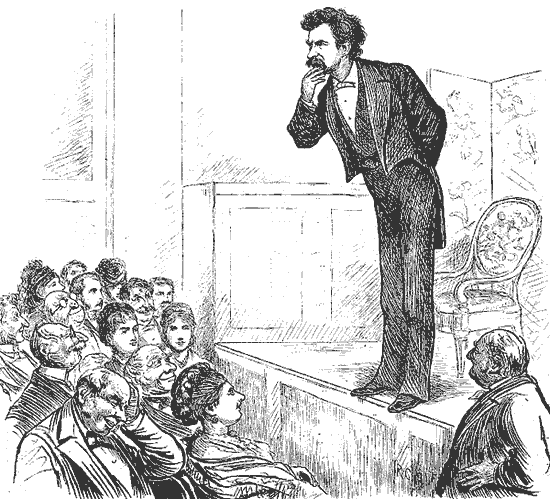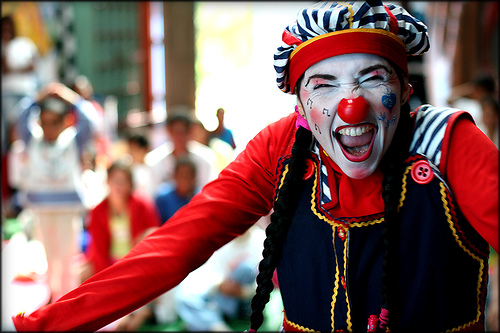
De duas,
uma: ou eu tenho tido muita sorte com os filmes franceses que tenho
assistido; ou o cinema francês é mesmo de grande
qualidade e bom gosto. Provavelmente um pouco dos dois. Mas suspeito
que mais do segundo do que do primeiro.
O que mais
me interessa no cinema francês é o elemento surpresa e
inesperado no desenrolar da história. Em comparação
com os filmes hollywoodianos, os franceses nos dão menos
garantias do que vai acontecer no final, e assim temos a oportunidade
de viver a trama de maneira mais emocionante e intrigante. Uma
revira-volta é sempre possível; um final menos feliz
também. Além disso, os personagens dos enredos
franceses são geralmente menos óbvios, e suas
complexidades são muitas vezes reveladas de maneira criativa:
algo que pode ir do dramático ao cômico, passando
algumas vezes pelo poético.
Um filme que
acabo de assistir e que eu certamente recomendo é “Le
Prénom”. O filme é recheado de discussões
interessantíssimas entre cinco amigos: dois casais e um homem
solteiro. Como o filme se passa quase por completo dentro da sala de
estar de um dos casais, e com um foco especial nos diálogos, a
impressão que se tem é que você está
assistindo a uma peça de teatro. Na verdade, eu não me
surpreenderia em descobrir que o filme seja uma adaptação
do teatro.
A partir da
primeira discussão do filme, que gira em torno da escolha do
nome do bebê que um dos casais está esperando, muitas
outras discussões se desenrolam. Tais discussões vão
mostrando as complexidades de cada um dos personagens, e os pontos de
conflitos no (inicialmente) harmonioso grupo de amigos. A tensão
das discussões vai despindo os personagens, confrontando as
suas mazelas e frustrações pessoais. Vai trazendo
verdades à tona. E suscitando, por muitas vezes, um clima de
caos. Clima esse que vai tornando os personagens mais honestos,
diretos, crus e verdadeiros.
Tudo isso me
fez lembrar de uma outra inflamada discussão entre amigos; uma
discussão que eu tive com dois grandes e velhos amigos no
verão passado. O clima era de cordialidade e de férias;
a cena paradisíaca: sentados à beira de uma praia quase
deserta em Ilha Grande. Tudo isso regado a cerveja, caipirinha, e
frango a passarinho. Até que, num momento, um ponto de
conflito e desentendimento se manifestou. E a discussão que se
seguiu foi no mínimo exaltada. Na descrição de
um dos dois amigos presentes, eu estava alteradíssimo, comendo
frango a passarinho e soltando espuma pela boca de tanta raiva.
Descrição que provavelmente está bem próxima
do que realmente aconteceu.
Durante a
discussão, tudo parecia um pesadelo. Hoje eu dou até
risada, e me lembro com certo saudosismo e carinho daqueles momentos
exaltados. Ouso até dizer que eu gostaria de ter mais
discussões como aquela. Tais discussões podem ser mais
reveladoras e reconciliadoras do que dezenas de jantares harmoniosos.
Por isso mesmo é que eu gosto das “discussões com
frango a passarinho”.
30 de
novembro de 2012
Eduardo
Costa
Fonte Figura: https://blogger.googleusercontent.com/img/b/R29vZ2xl/AVvXsEgeestmx5BEqkyyqTJPq9X7xjagGgn2HNymP94ZY-IeJyySESRqWaZay3Di6zsBsM2iTFT6m8vmpkDfyQMGobx44ZcDQzcxslYKRnYdfNCC3-sHNQnBtjKZUraMzJBKbbP0VehU/s1600/frango+a+passarinho.jpg




